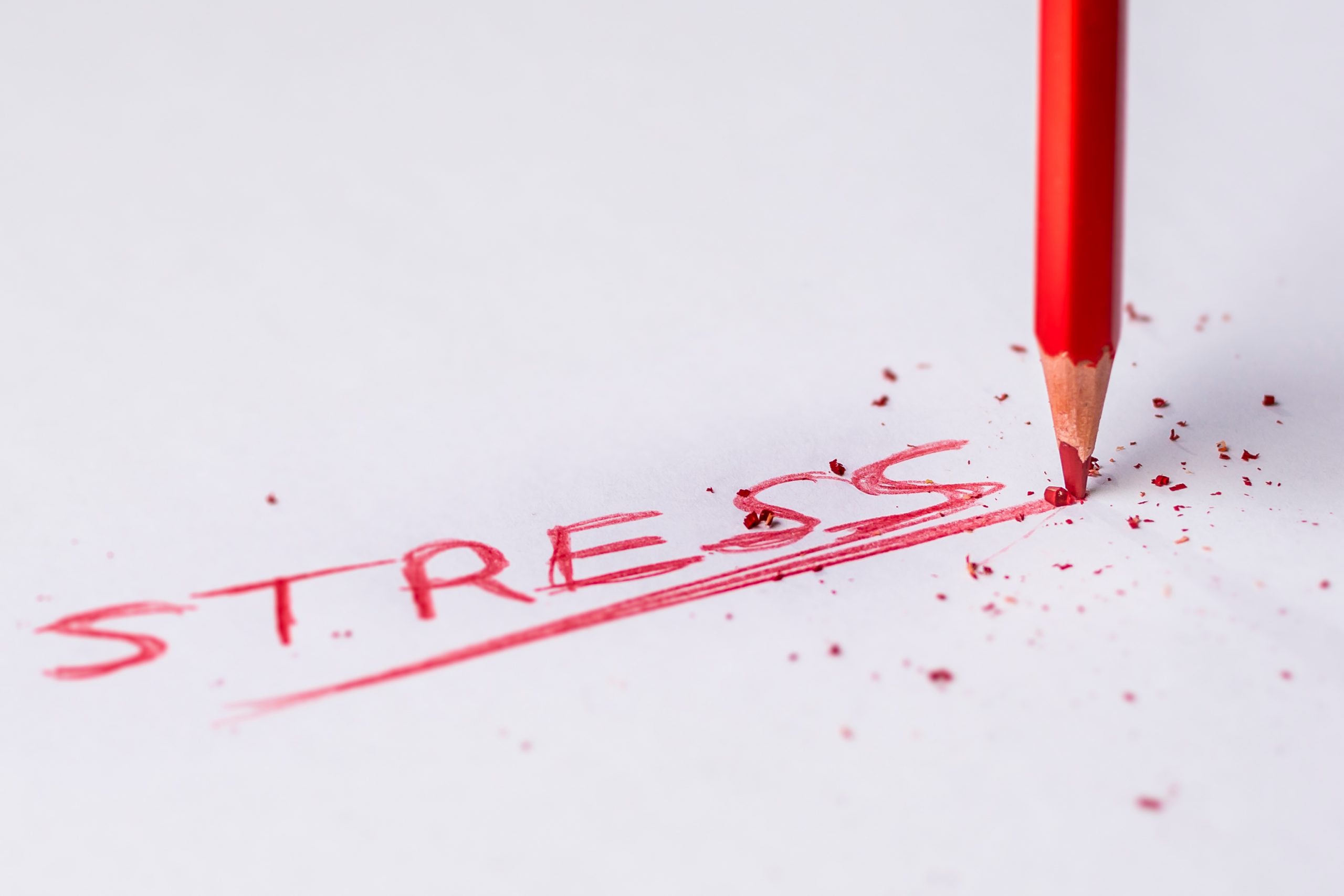Finding Balance Amid Political Turmoil
If you’ve been feeling more stressed, anxious, or overwhelmed lately, you’re not alone. The constant headlines, the divisive political climate, and the uncertainty about the future are taking a toll on many of us. It seems that every day brings a new source of stress—whether it’s the latest political developments, social unrest, or personal challenges. In times like these, it’s easy to feel like our minds and bodies are in constant overdrive.
But have you ever stopped to think about how this stress is affecting your gut? Most of us are aware that stress impacts our mood, energy, and overall sense of well-being—but few realize the deep connection between stress and gut health. The truth is, our gut, often referred to as our “second brain,” is directly influenced by the stress we experience. And in today’s turbulent world, maintaining a healthy gut may be one of the most important things we can do to protect our mental and physical health.
In this post, we’ll explore how stress, particularly in the context of political turmoil, impacts our digestive system, why it matters now more than ever, and practical ways we can take control of our health by nurturing our gut.
The Gut-Brain Connection: A Lifeline in Uncertain Times
You’ve likely heard that the brain and gut are connected—but did you know that this relationship is two-way? When we’re stressed—whether because of political conflict, societal unrest, or personal challenges—our brain releases hormones like cortisol and adrenaline. These stress hormones not only prepare the body for immediate action (think: “fight or flight”), but they also send signals directly to the gut, affecting everything from digestion to immune function.
But the gut doesn’t just passively respond. It sends signals back to the brain, influencing our mood, mental clarity, and emotional state. The constant stress many of us are experiencing can disrupt this delicate balance, causing a ripple effect that impacts both our physical and emotional well-being.
In these stressful times, it’s easy for this connection to become imbalanced. Let’s explore how chronic stress—especially stress from political turmoil—can take a toll on your gut and overall health.
How Chronic Stress Affects the Gut: A Vicious Cycle
- Digestive Disruption Stress can slow down or speed up digestion, leading to bloating, constipation, diarrhea, or even nausea. This can make everyday life uncomfortable and frustrating. If your digestion is already compromised by stress, you may also find it harder to absorb essential nutrients, which can worsen feelings of fatigue and anxiety.
- Altered Gut Microbiome Our gut is home to trillions of microbes, which play a vital role in maintaining our immune system, regulating digestion, and even influencing our mood. However, stress, particularly prolonged stress, can disrupt the balance of this microbiome, promoting the growth of harmful bacteria and reducing the beneficial bacteria that keep us healthy. This imbalance has been linked to a variety of issues, including digestive disorders, inflammation, and even mood disorders like anxiety and depression.
- Leaky Gut Syndrome When we’re under constant stress, the gut lining can become weakened and more permeable, leading to a condition known as “leaky gut.” This allows toxins and undigested food particles to leak into the bloodstream, triggering widespread inflammation and immune system activation. The result can be fatigue, joint pain, skin issues, and mental fog. When the world feels chaotic, it’s easy to see how a disrupted gut can worsen overall feelings of unease.
- Weakened Immune Function Did you know that your gut plays a crucial role in your immune system? Around 70-80% of your immune cells are housed in your gut. Chronic stress can impair immune function, making it harder for your body to fight off infections and inflammation. With all the uncertainty and health concerns in the world today, stress is only making us more vulnerable.
- Mental and Emotional Impact Stress from political turmoil and societal upheaval doesn’t just affect our body—it also affects our mind. The gut is responsible for producing a significant amount of serotonin, a neurotransmitter that regulates mood. When stress interferes with this process, it can contribute to feelings of anxiety, depression, and irritability. The vicious cycle of stress impacting the gut, which then impacts mental health, can make it feel even harder to cope with the world around us.
Why Gut Health Matters More Than Ever
In a world that feels increasingly chaotic, it’s crucial to take care of the things we can control. Focusing on our gut health may be one of the most effective ways to support our overall well-being. A balanced gut can help reduce stress, improve digestion, bolster immunity, and even regulate mood. In these difficult times, nurturing our gut can give us the physical and emotional resilience we need to navigate the challenges ahead.
How to Nurture Your Gut Amid Political and Social Stress
While we can’t control the political climate, we can take control of our health. Here are some practical steps to help reduce stress and restore balance to your gut:
- Mindful Eating to Soothe the Gut In times of political unrest or social anxiety, food can become both a comfort and a source of stress. Many people turn to emotional eating, often choosing unhealthy, processed foods that can exacerbate gut issues. Try practicing mindful eating—sitting down for meals without distractions, chewing slowly, and savoring the taste of your food. By tuning into your body’s signals, you’ll improve digestion and cultivate a sense of calm.
- Incorporate Gut-Friendly Foods Probiotics (found in yogurt, kefir, kimchi, and sauerkraut) and prebiotics (found in garlic, onions, and bananas) are essential for maintaining a healthy gut microbiome. When your gut flora is balanced, it’s easier to combat stress and inflammation. Try adding fermented foods and fiber-rich options to your meals to nurture your gut and reduce stress-induced digestive issues.
- Stress Management Techniques Yoga, meditation, and deep breathing exercises are proven to reduce stress and lower cortisol levels. Even just five minutes a day of deep breathing or mindfulness can have a profound impact on both your gut and your mind. Have you tried using breathwork to manage stress? What’s your favorite way to relax when the world feels overwhelming?
- Stay Active, Stay Grounded Physical movement can help release tension, boost mood, and improve digestion. Whether it’s a walk around the block, a gentle yoga practice, or a more intense workout, exercise can help combat the physical effects of stress on the gut. What activities do you turn to when you need a release? Let’s share our go-to stress-busting workouts in the comments!
- Prioritize Rest and Recovery With all the noise and uncertainty around us, it can be hard to prioritize sleep. But getting enough rest is crucial for both your mental health and gut health. Aim for 7-9 hours of quality sleep each night and try to create a calming bedtime routine to help ease your mind. Do you struggle with sleep during stressful times? Share your tips for improving sleep in the comments.
- Hydrate to Support Your System Staying hydrated helps your body process stress more effectively. Drinking enough water supports digestion, helps prevent bloating, and assists your body in detoxifying. When you’re feeling stressed, try sipping on calming herbal teas like chamomile or peppermint to help soothe your gut and mind.
- Seek Support When Needed If you’re feeling overwhelmed, it’s important to ask for help. Whether it’s through therapy, talking to loved ones, or reaching out to a nutritionist, support is essential. You don’t have to navigate stress and gut health alone.
Join the Conversation: How Are You Managing Stress and Supporting Your Gut?
The political and social upheaval of recent years has left many of us feeling uncertain about the future. But we can find strength by taking care of our health, especially our gut health. I’d love to hear from you—how are you managing stress in these troubled times? What practices or strategies have you found helpful for supporting both your gut and your emotional well-being?
Leave a comment below or share this post with someone who may need support. Together, we can build a community of care and resilience.







0 Comments